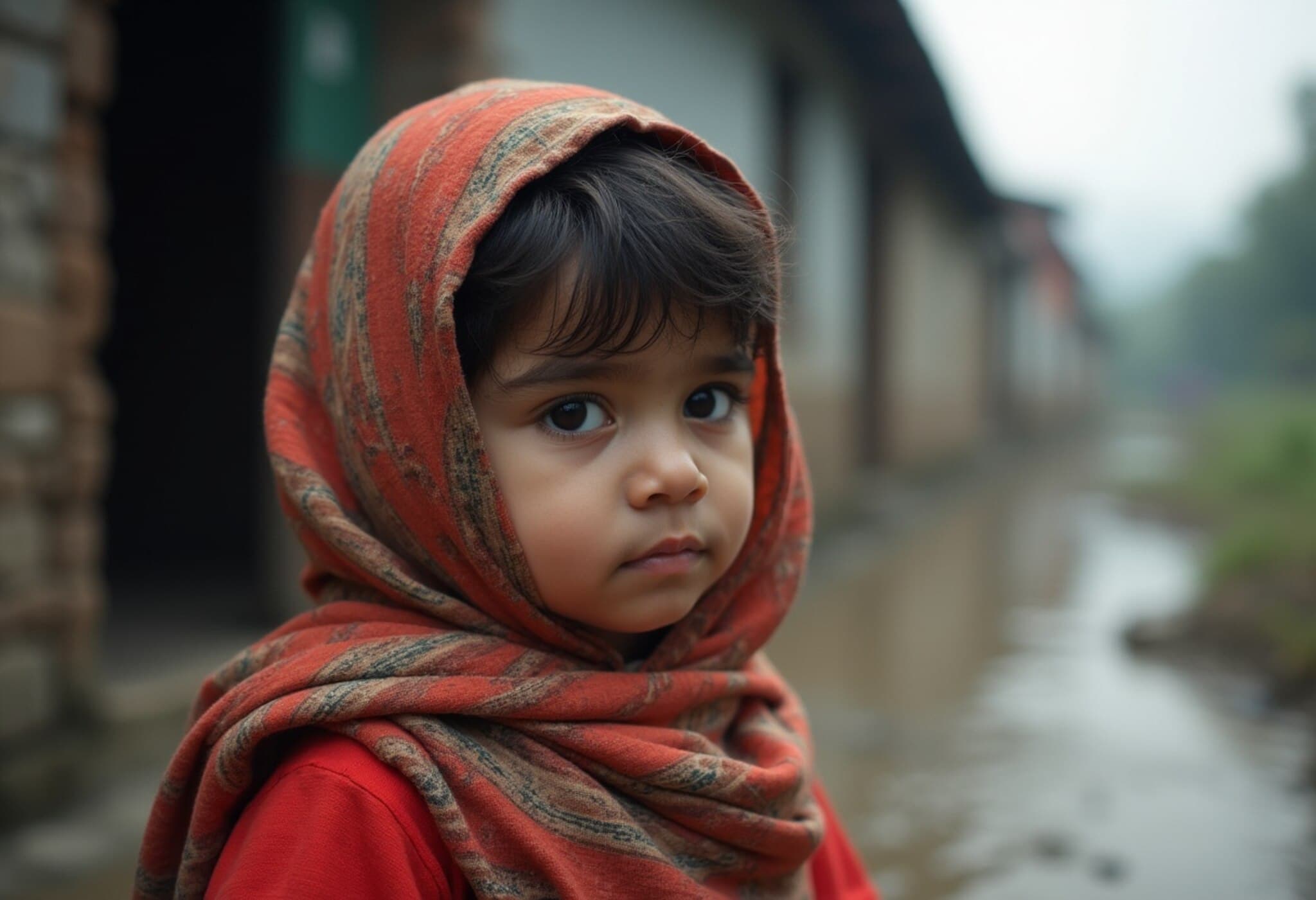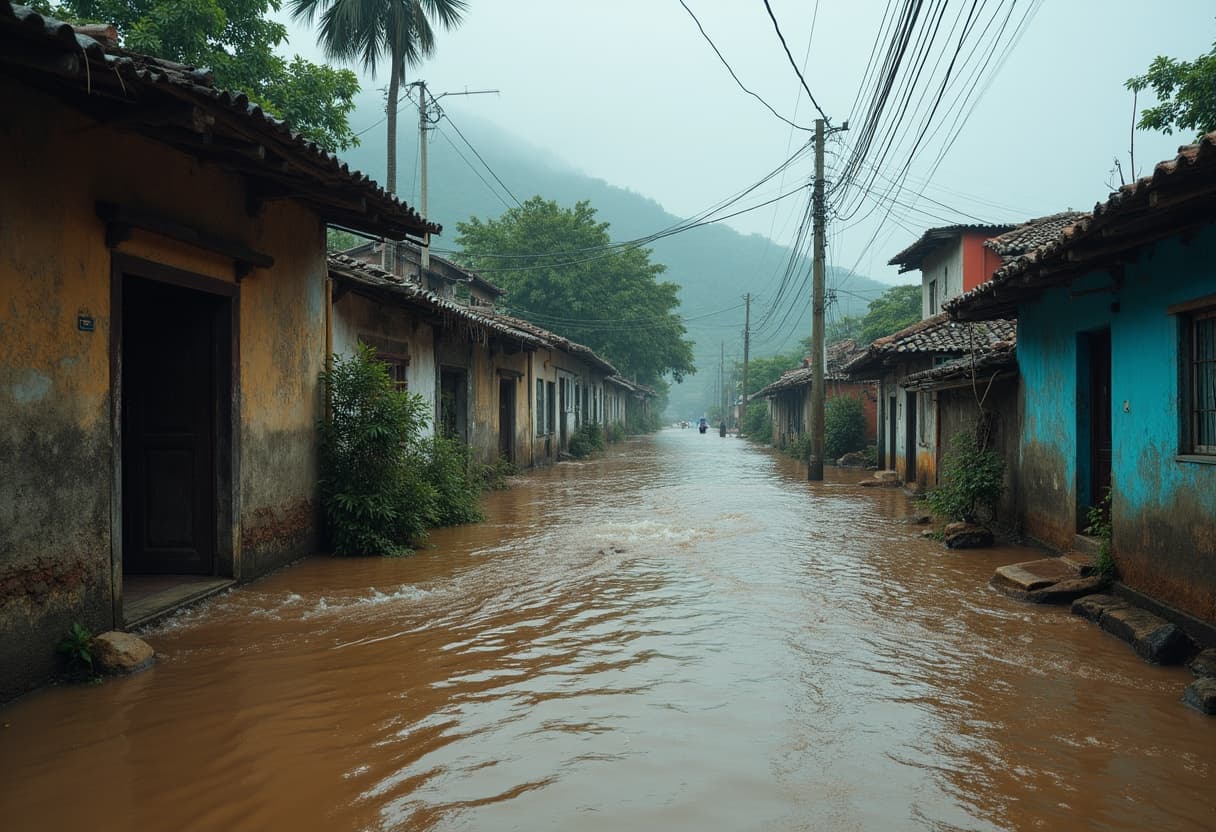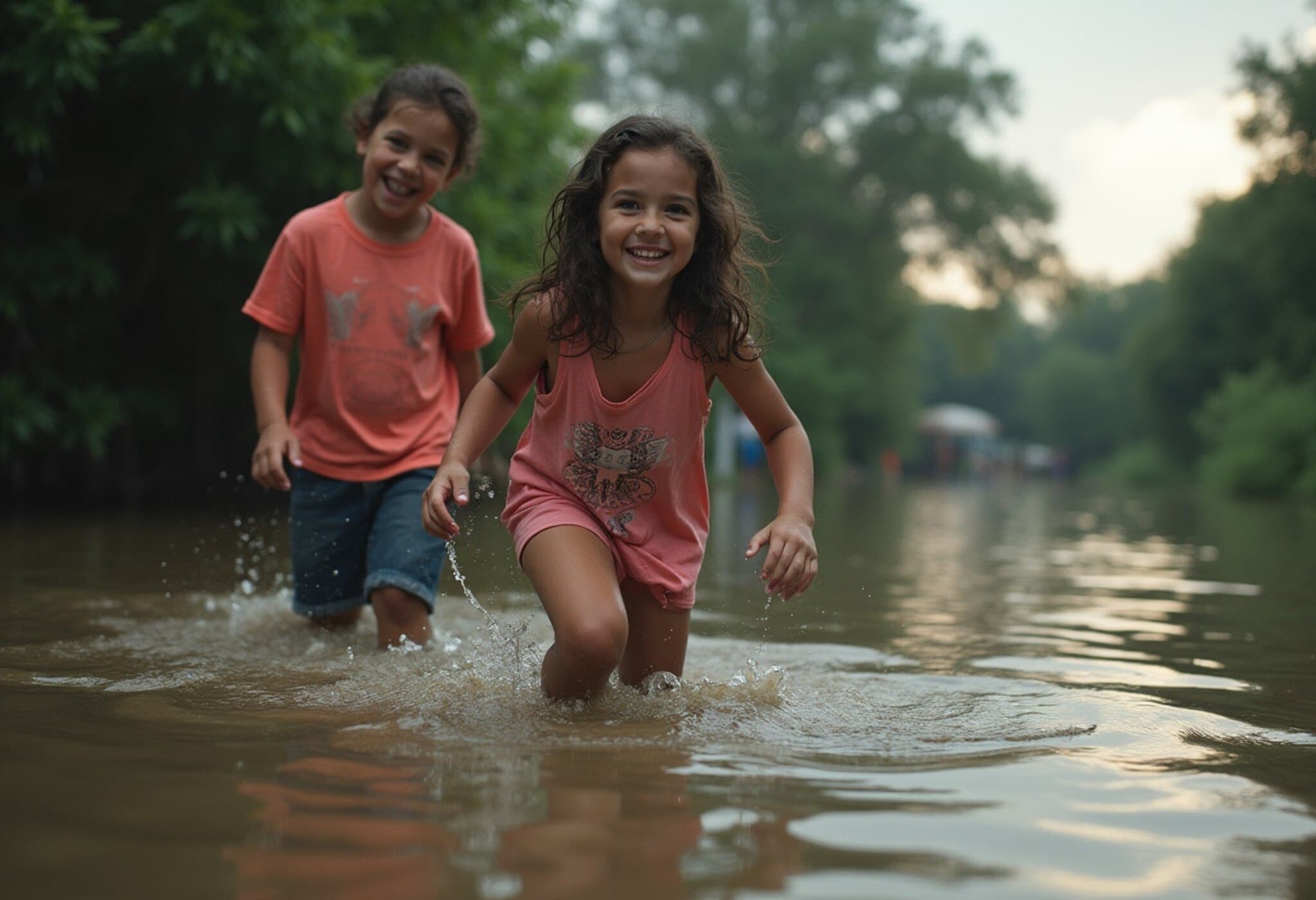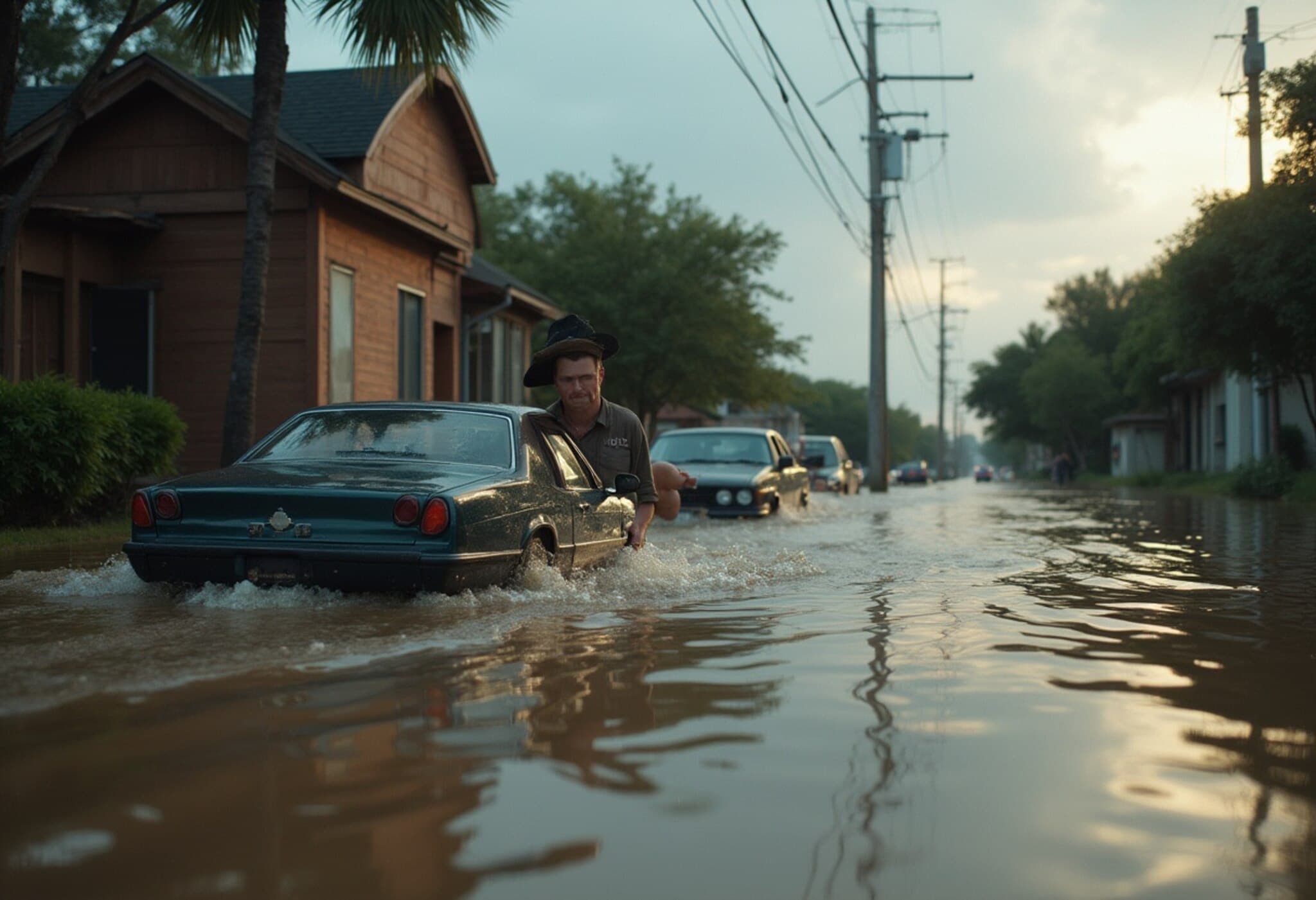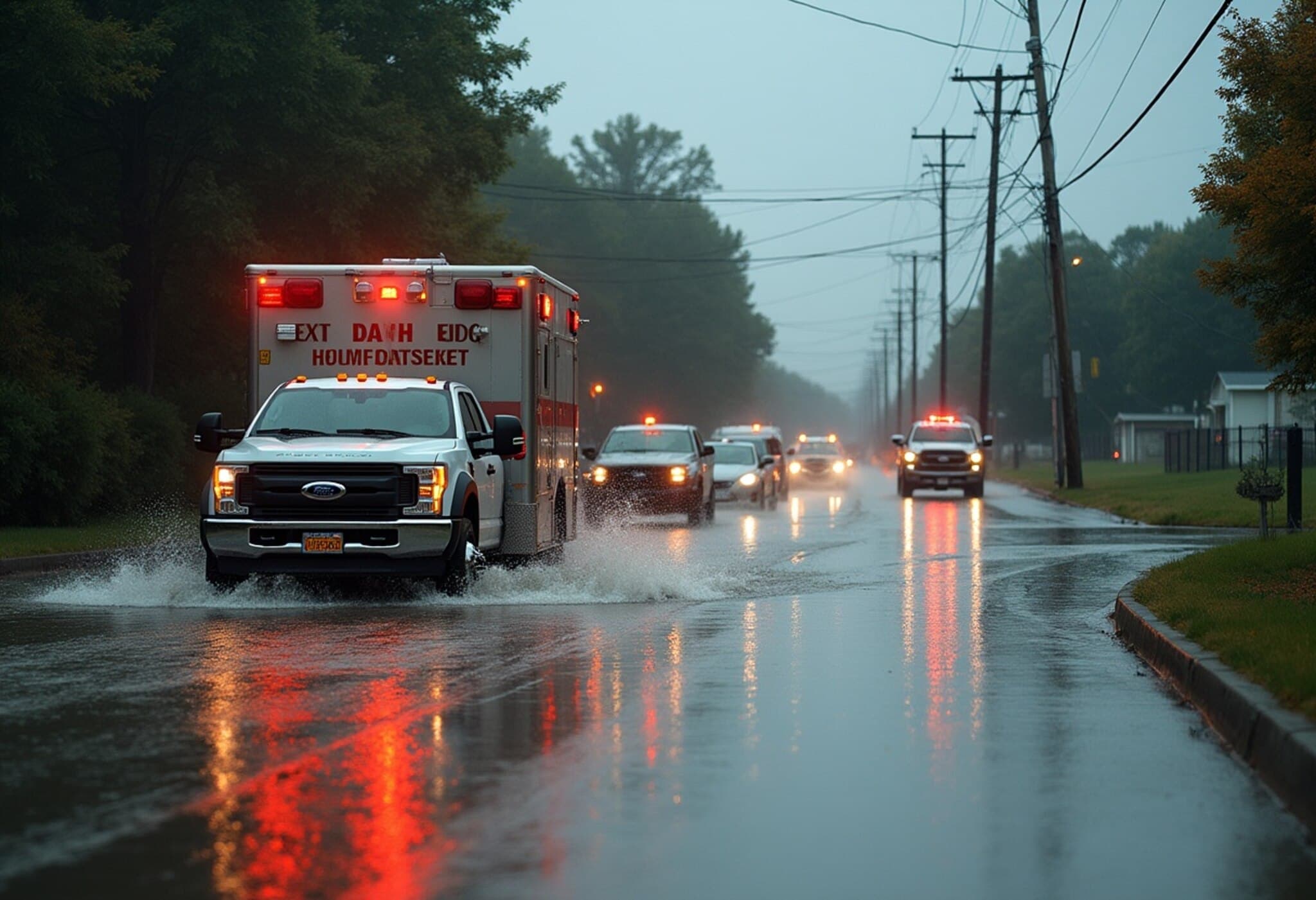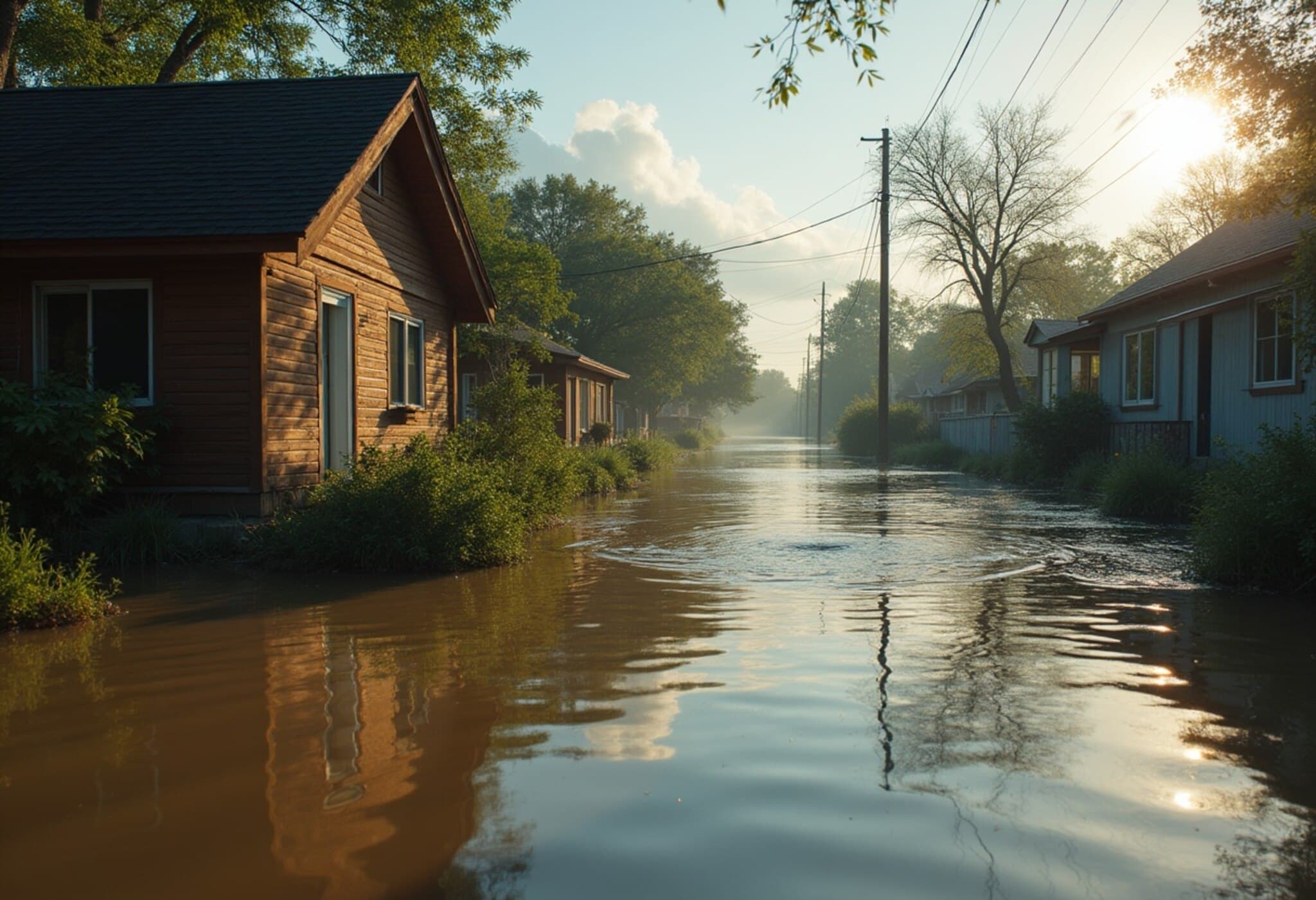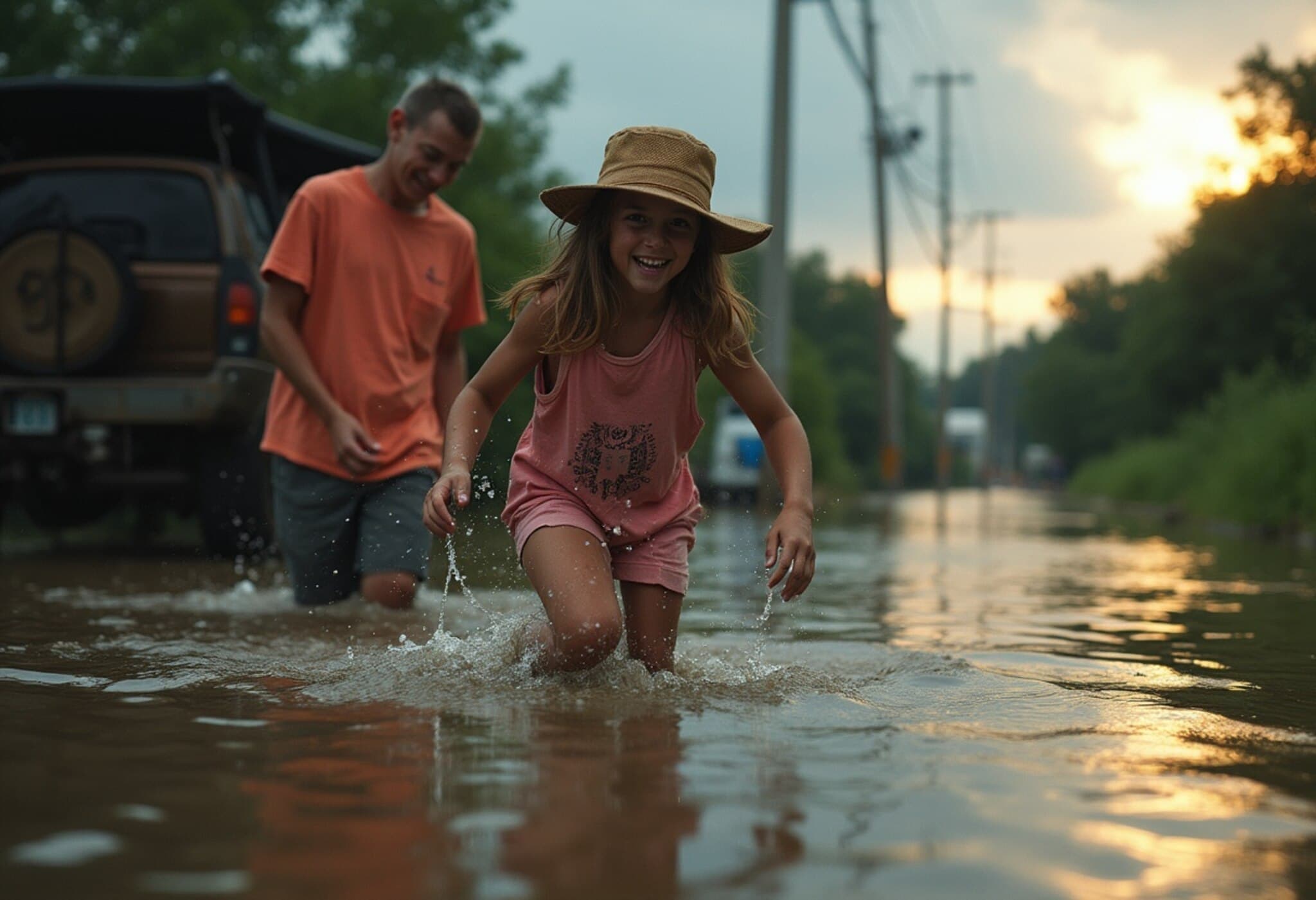A Community Embraces Orphaned Infant After Devastating Flash Flood in Himachal Pradesh
On the night of June 30, 2025, Talwara village in the Mandi district of Himachal Pradesh was struck by a sudden and catastrophic flash flood caused by a cloudburst. Among the destruction and heartbreak, a remarkable story of resilience, community compassion, and family bonds has emerged around an 11-month-old infant named Nikita.
The Tragedy That Shook Talwara
The relentless rush of water washed away homes and lives indiscriminately. Tragically, Nikita lost her parents and grandmother that night. Her father, 31-year-old Ramesh Kumar, was found deceased while heroically trying to block floodwaters from entering their home. Her mother, 24-year-old Radha Devi, and her grandmother, 59-year-old Poornu Devi, remain missing and presumed lost to the torrent.
From Loss to Love: How a Village Became a Family
In the face of such profound loss, the spirit of Talwara’s people shone bright. When an elderly neighbor heard Nikita's cries amid the chaos, she alerted the child’s relatives. Nikita’s paternal aunts, Tara Devi and Kirna Devi, quickly took the baby into their care, offering her comfort and protection.
The community's outpouring of support has been overwhelming—financial aid poured in, heartfelt offers to adopt were made both locally and even from abroad, and educational institutions stepped forward promising Nikita free schooling once she turns one on August 14.
Keeping Nikita Within the Family: The Decision for Her Future
Despite numerous adoption offers, Nikita’s relatives convened after her parents' last rites and decided to raise her within the family. Kirna Devi, her paternal aunt, has taken on the responsibility, stating, "Nikita is our blood, and we couldn't possibly give her to anyone outside the family. I will raise her like my own."
This choice reflects not only cultural values emphasizing familial bonds in Northern India but also a widespread understanding that a child’s emotional healing benefits greatly from familiar roots and faces.
Government and Community Response
Local administration has also stepped up. Krishan Chand Thakur, a revenue officer from Gohar, confirmed that a bank account has been set up in Nikita’s name to collect and manage donations aimed at securing her future welfare.
This financial effort ensures that Nikita’s upbringing will be supported not just emotionally but materially, helping cover essentials from healthcare to education.
Expert Perspective: The Role of Community in Disaster Recovery
Experts in disaster management emphasize the importance of community-led support for vulnerable survivors, especially children. Dr. Anjali Mehta, a child psychologist specializing in trauma recovery, explains, "For a child like Nikita, losing close family members in a disaster is devastating, but being nurtured by extended family and community can significantly mitigate long-term psychological impacts. It fosters a sense of safety and belonging crucial for healthy development."
Furthermore, from a policy standpoint, integrating social welfare services, emotional counseling, and community engagement in disaster response plans can bolster resilience among the most affected groups.
Unseen Challenges and Ongoing Concerns
While Nikita’s story is uplifting, it also spotlights larger issues often overlooked during such calamities:
- Missing Persons and Search Efforts: The fact that Nikita’s mother and grandmother bodies have not been recovered raises questions about the adequacy of search and rescue operations.
- Infrastructure and Preparedness: Talwara’s devastation underscores the urgent need for improved early warning systems and better flood mitigation in vulnerable hilly regions.
- Long-Term Social Support: Orphaned children like Nikita require continuous monitoring to ensure their physical, psychological, and educational well-being long after the disaster fades from headlines.
Looking Ahead: Building Stronger Safety Nets
As climate change makes extreme weather events more frequent, Nikita’s story serves as a poignant reminder that human connections remain at the heart of recovery. Local government, NGOs, and communities must collaborate closely to build robust support systems that can not only rescue but truly rebuild lives.
Editor's Note:
Nikita’s journey is both heartbreaking and inspiring—a narrative of loss mitigated by love and collective strength. Her story raises essential questions about how societies respond to the vulnerabilities created by natural disasters. How can policies evolve to better protect the most fragile lives? What lasting support mechanisms are necessary for orphans and survivors in rural, disaster-prone areas? As readers, we're invited to consider the profound impact of community resilience amid tragedy and the ongoing commitment needed to nurture hope from despair.

